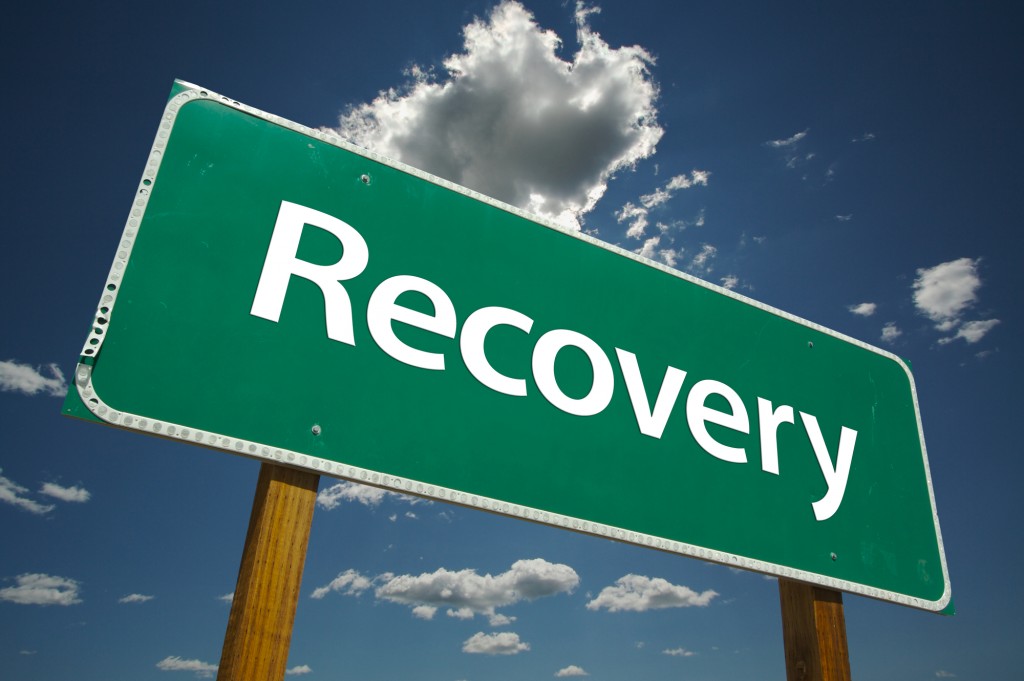
“As human beings, our greatness lies not so much in being able to remake the world… as in being able to remake ourselves.” – Mahatma Gandhi
“Recovery is a verb. It is work. It is a process of uncovering the truth that life is uncontrollable but we can still manage our lives.” – Shapiro
Addiction can destroy us. Sadly, it does destroy many of us. Yet recovery promises the hope of a transformation of an affliction into a blessing. As Jean Church said, “You can come out of the furnace of trouble two ways: if you let it consume you, you come out a cinder; but there is a kind of metal which refuses to be consumed, and comes out a star.” With hope, patience, persistence and the help of others, we can slowly attain a rewarding and fulfilling life free from the lure of addiction. Recovery marks the death of an old destructive life and the beginning of a new, productive life.
Recovery is difficult. It is painful, hard work at times. Yet with hard work, a change of attitudes and life habits, new knowledge and life skills, we can and will succeed.
Recovery and abstinence are different. Abstinence is necessary, but not sufficient, for recovery. Recovery is necessary to heal from the devastation of addiction and secure our freedom from addictions going forward.
In 2011, the Substance Abuse and Mental Health Services Administration (SAMHSA) posted the following consensus definition of recovery:
“Recovery is a process of change whereby individuals work to improve their own health and wellness and to live a meaningful life in a community of their choice while striving to achieve their full potential.”
SAMHSA also articulated their own set of eight principles of recovery, which are incorporated in the principles of this book:
- Person-driven;
- Occurs via many pathways;
- Is holistic;
- Is supported by peers;
- Is supported through relationships;
- Is culturally-based and influenced;
- Is supported by addressing trauma;
- Involves individual, family, and community strengths and responsibility;
- Is based on respect; and
- Emerges from hope.
The following table lists some psychological, spiritual and behavioral characteristics of Addiction vs. Recovery:
Addiction vs. Recovery
| Addiction | Recovery |
| Disease | Health/healing |
| Relief seeking | Facing/embracing/dealing |
| Self medication | Abstinence |
| Character disorder | Character transformation |
| Self centered | Other oriented |
| Thinking disorder/delusional | Intact Reality Testing |
| Poor judgment | Good judgment |
| Childlike/immature | Mature/centered |
| Impulsive/obsessive/compulsive | Thoughtful of consequences |
| Negative vicious cycle—destructive | Transcendence |
| Life of deceit | Life of integrity |
| Dishonesty | Honesty |
| Taking from others | Giving to others |
| Relief/self obsessed | Love |
| Shame | Remorse |
| Hopelessness | Hope |
| Entitlement | Gratitude/appreciation |
| Isolation/disconnected | Connection |
| Shame | Pride |
| Empty | Spiritual |
| No sense of accountability | Accountable/responsible |
As defined above, we are in recovery when we are healthy, well, living a positive, meaningful life, free of all self-destructive behaviors, and are realizing our full potentials.
There are many pathways to recovery.
All recovery pathways, however, involve our spirituality. In fact, recovery at its core is a spiritual process, as we develop wholeness, peace, love, purpose, meaning and a sense of a sacred connectedness to something greater than ourselves. Recovery takes us from insanity to sanity.
There are several shifts in our spirituality as we move from addiction to a life of recovery. These include from fear to trust, from self-pity to gratitude, from resentment to acceptance and from dishonesty to honesty. The strength or our spirituality will increase as we nurture our relationships with ourselves, others, and the world itself, including our experience of the inconceivable sacredness, preciousness and beauty of life and of the Universe. We undergo a transformation from an obsessive self-preoccupation with numbing our pain or pursuing pleasure to finding true fulfillment in loving others and ourselves. Many of us, through recovery, will attain an experience of oneness and unity with all that is, leaving us with a profound shift in perspective that will protect us from needing to resort to an addiction to deal with any difficult life experience.
Unlike with other illnesses, recovery from addiction gives us much more than we had before. It heals the wounds that drove us to addiction in the first place. If we face and address our addictions, our addictions will give us a spiritual gift in return. We will discover a happiness and peace through recovery that we have never before known.
